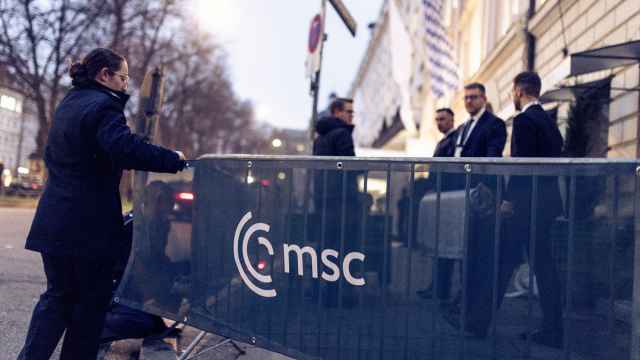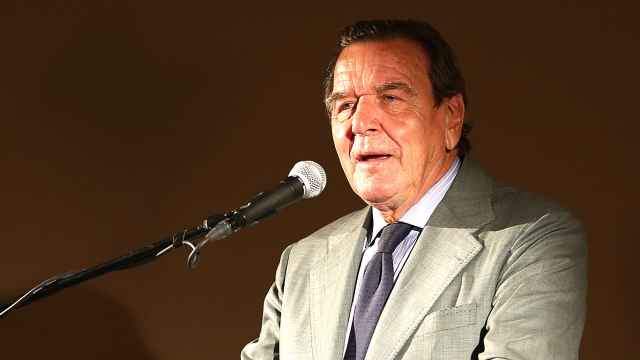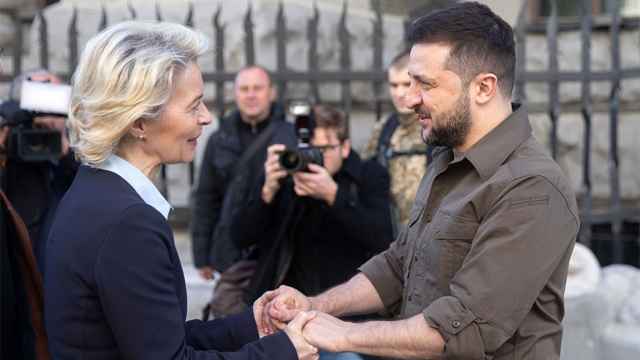Germany's defense minister said he was open to sending German soldiers to Ukraine to help secure a demilitarized zone there if a ceasefire were agreed with Russia, in remarks published Saturday.
In an interview with the Suddeutsche Zeitung newspaper, Boris Pistorius also said Germany should aim to spend around 3% of GDP on defense.
U.S. President-elect Donald Trump wants members of the NATO military alliance to devote 5% of their national output on defense, a demand that has already been rejected as too high by German Chancellor Olaf Scholz.
Asked about a possible deployment of German troops to help secure a buffer zone between Russia and Ukraine if one were agreed, Pistorius said, "We're the largest NATO partner in Europe. We'll obviously have a role to play."
He said the issue would "be discussed in due time."
Trump, who takes office on Monday, said during his election campaign he could end the conflict between Ukraine and Russia in fewer than 24 hours. His camp has since indicated that he needs more time.
Discussions could nevertheless start soon, notably with a meeting between Trump and Russian President Vladimir Putin.
But Ukraine is not currently in a position of sufficient strength to start any peace negotiations with Russia, NATO Secretary-General Mark Rutte said on Monday.
Pistorius said Russia was currently occupying "18 or 19% of Ukrainian territory." But despite nearly three years of war, it had "not gained more" than that and had suffered "extensive losses in its own army" in the attempt.
The United States claimed recently that Moscow had lost nearly 1,500 men a day in November.
Asked about the contribution Germany should make towards NATO defense spending, Pistorius said: "We should be talking more about 3% than two."
Germany currently devotes around 2% of its GDP to defense.
On Jan. 9, Chancellor Olaf Scholz rebuffed Trump's demand for NATO members to raise defense spending to 5% of GDP.
For Germany, that would mean finding an additional 150 billion euros every year, he said.
A Message from The Moscow Times:
Dear readers,
We are facing unprecedented challenges. Russia's Prosecutor General's Office has designated The Moscow Times as an "undesirable" organization, criminalizing our work and putting our staff at risk of prosecution. This follows our earlier unjust labeling as a "foreign agent."
These actions are direct attempts to silence independent journalism in Russia. The authorities claim our work "discredits the decisions of the Russian leadership." We see things differently: we strive to provide accurate, unbiased reporting on Russia.
We, the journalists of The Moscow Times, refuse to be silenced. But to continue our work, we need your help.
Your support, no matter how small, makes a world of difference. If you can, please support us monthly starting from just $2. It's quick to set up, and every contribution makes a significant impact.
By supporting The Moscow Times, you're defending open, independent journalism in the face of repression. Thank you for standing with us.
Remind me later.






